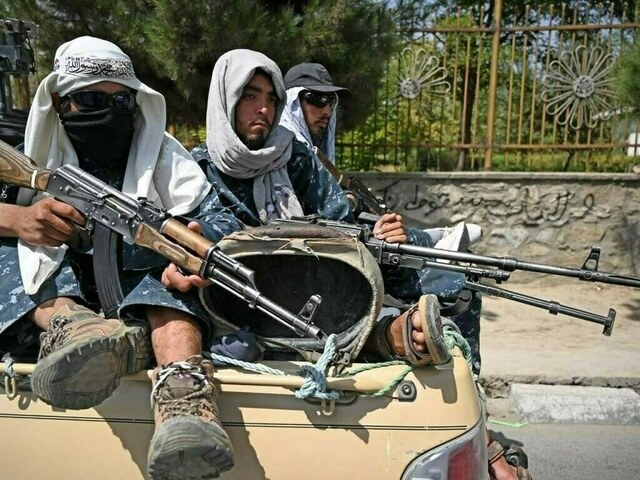EDITORIAL: The TTP terrorist have kept belying the Afghan Taliban’s claim that no militant group is operating inside their country to launch attacks into Pakistan. Their latest intrusion attempt on Wednesday was foiled by the security forces.
According to a statement issued by the military’s media wing, the ISPR, the infiltrators’ movement was detected by the troops in the Ghulam Khan area of North Waziristan and were surrounded, effectively engaged, and after an intense fire exchange all seven terrorist were killed.
A large number of weapons, ammunition and explosives were also recovered from the dead terrorists. The interim Afghan government is expected to fulfill its obligations and deny the use of Afghan soil for perpetuating acts of terrorism against Pakistan, added the ISPR statement.
It is a vain expectation, though. The Afghan Taliban are likely to ignore, again, the commitment they gave the international community in the Doha agreement. Yet in a self-contradictory move the Haqqani and Kandahri groups in the Islamic Emirate are reported to have directed the TTP to engage in discussions with Islamabad to de-escalate tensions between the two countries, thereby acknowledging that the TTP militants are based in Afghanistan. Pakistan has tried that option before only to face frustration and betrayal.
In any event, talks are about give-and-take. There must be no give to the terrorists who refuse to accept the writ of the state, have killed more than 80,000 people, and continue to attack the security forces, police and civilians.
They are disinclined to disarm and swear allegiance to the state and live in peace. Having burned its figures in a previous protracted round of talks, Pakistan has made it clear that that option no longer is on the table. Last month, participating in the UN Security Council debate on Afghanistan, Islamabad’s permanent representative Ambassador Munir Akram asked the world body to undertake an investigation to find out how the TTP acquired military equipment and weaponry, and to identify the source of the terrorist group’s finance which, he said, is helping it sustain 50,000 fighters’ operations and their dependents.
He also urged the UNSC to join Islamabad in its demand from the interim Afghan government to sever its ties with the banned TTP. UN reports have already been noting with disquiet the prospect of TTP becoming an umbrella organisation for other terrorist groups, like the IS-K and al Qaeda. It is in the Afghan Taliban’s own interest, therefore, to sort out this terrorist outfit and break its isolation from the international community.
Despite its concerns Pakistan has continued to extend a helping hand to the Kabul government, providing humanitarian assistance and opening up new avenues of trade. Just this Thursday, a 12-member delegation of Afghanistan’s Chamber of Commerce and Industry visited the Lahore office of FPCCI (Federation of Chambers of Commerce and Industry) to discuss trade and investment opportunities. Peace and prosperity of both countries is linked to the Afghan Taliban preventing the TTP from launching attacks into this country.
Copyright Business Recorder, 2024
Read the full story at the Business Recorder - Latest News website.



